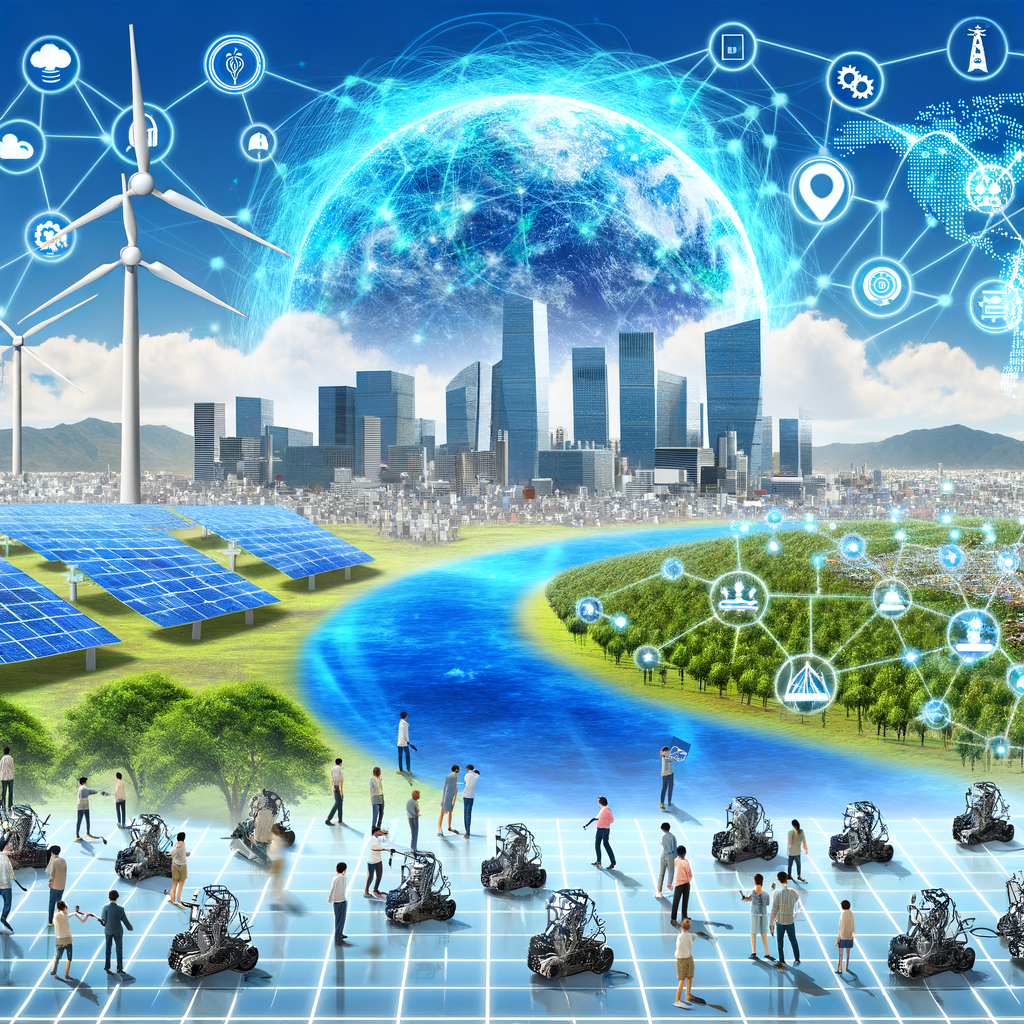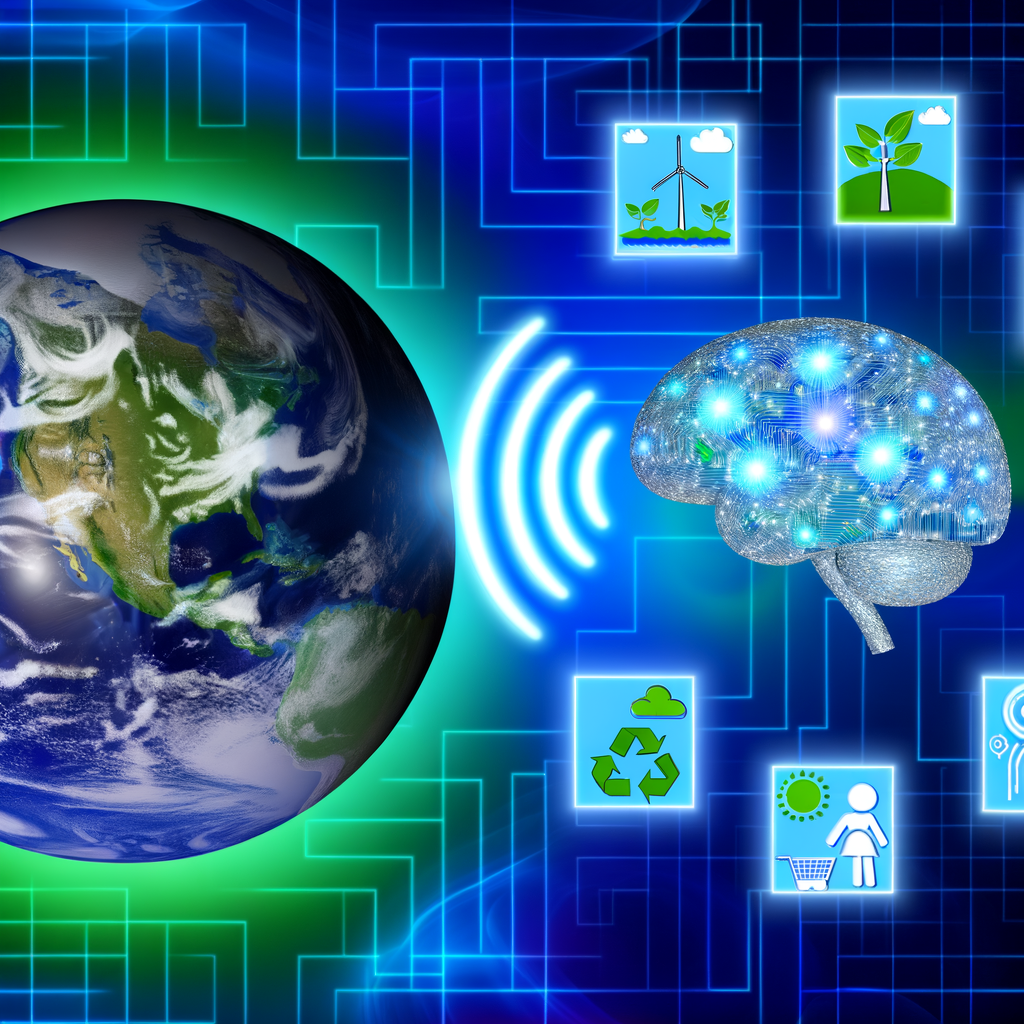Top AI Trends and Predictions Shaping 2025 Revolution
The intersection of artificial intelligence (AI) and business is evolving rapidly, shaping industries and creating new opportunities. As we look toward 2025, some trends are emerging that promise to transform how companies operate, often with fewer resources. It’s remarkable to note that we will see examples of $100M+ companies functioning with just two or three people, assisted significantly by AI agents. This blog will delve into the AI trends and predictions that will drive this revolution.
The Rise of Autonomous AI Agents
One of the most notable trends is the emergence of autonomous AI agents capable of handling complex tasks without human intervention. These agents can manage operations ranging from customer service to logistical planning. Companies can drastically reduce their workforce while still providing exceptional service.
For instance, consider the potential for a small e-commerce startup leveraging an AI-driven chat agent. This agent would handle customer inquiries, process returns, and even make personalized product recommendations based on user behavior. A two-person team could effectively manage a thriving business with the help of such an AI system.
AI in Decision Making
Another trend encompasses the use of AI for advanced data analysis and decision-making. Predictive analytics allows businesses to forecast trends, optimize inventory, and enhance marketing strategies with remarkable accuracy. The ability to process vast amounts of data quickly surpasses human capabilities.
“AI tools are not just assistants; they are transforming how we make decisions in our businesses.” – Jane Doe, Market Analyst
In 2025, we can anticipate companies leveraging AI tools that analyze market patterns and consumer preferences, leading to faster and more informed decisions. This predictive capability will allow even the smallest firms to compete with larger corporations effectively.
Personalized Customer Experiences
Consumers increasingly expect personalized experiences, and AI is perfectly positioned to meet this demand. By utilizing advanced algorithms, businesses can deliver tailor-made content and product recommendations to their customers. Personalized marketing enhances user engagement and ultimately drives sales.
Imagine a three-person content creation team utilizing AI to analyze user interactions and preferences. This team could create marketing strategies that dynamically adapt to audience response, maximizing their reach and effectiveness. As AI continues to improve, the level of personalization will become more sophisticated, providing customers with precisely what they want when they want it.
The Impact of AI on Workforce Dynamics
As AI systems take over routine tasks, the workforce will inevitably shift towards more creative and strategic roles. This evolution is likely to lead to a demand for new skill sets focused on working alongside AI systems rather than against them. Understanding AI technology will become essential for professionals in virtually every industry.
Companies that adapt to these changes will find opportunities to thrive in a competitive environment. Employee training will increasingly focus on collaboration with AI, ensuring that talent is equipped to leverage these technologies effectively. In essence, AI will augment human capabilities, allowing teams to achieve greater results with fewer members.
Sustainability through AI Solutions
As climate concerns intensify, the use of AI for developing sustainable business practices will become a critical trend. AI can assist in optimizing resource use, tracking supply chain emissions, and enhancing energy efficiency. This approach not only serves the planet but also can result in significant cost savings for businesses.
In 2025, we can expect companies to leverage AI tools that predict energy consumption and suggest improvements. A small team can implement these innovative solutions to run an eco-conscious business while compelling customers who value sustainability.
The Democratization of Technology
As AI technology matures, its accessibility will increase, enabling small startups to use tools once reserved for larger companies. Platforms with AI-driven functionalities will democratize complex operations, allowing anyone with the right vision to build something remarkable.
For example, a two-person team focused on developing health apps can utilize AI for user diagnostics and fitness advice, which was previously only feasible for large-scale firms. With the right AI infrastructure, the barriers to entry will continue to fall, fostering an environment ripe for innovation across various sectors.
Potential Challenges and Ethical Considerations
While the benefits of AI are immense, the technology does present challenges that businesses must navigate, particularly surrounding privacy and data security. Companies must implement ethical guidelines for their AI systems by ensuring that they adhere to regulations and promote user trust.
Additionally, as reliance on AI increases, the potential for systemic biases to emerge becomes a concern. Organizations will need to be vigilant in ensuring that their AI systems are transparent, fair, and equitable to avoid perpetuating existing societal biases.
Conclusion
The trends shaping AI in 2025 are compelling; they promise to facilitate companies maximizing efficiency and minimizing resource expenditure. From autonomous agents managing operations to AI-driven personalization and sustainability efforts, we will witness a transformation that empowers small teams to function at monumental scales. However, it is essential to approach these advancements thoughtfully, maintaining ethical standards and prioritizing human collaboration with AI systems.
As we approach this revolution, embracing innovation while balancing ethical considerations may ultimately define the trajectory of businesses leveraging AI. The future is here, and it is powered by artificial intelligence.


